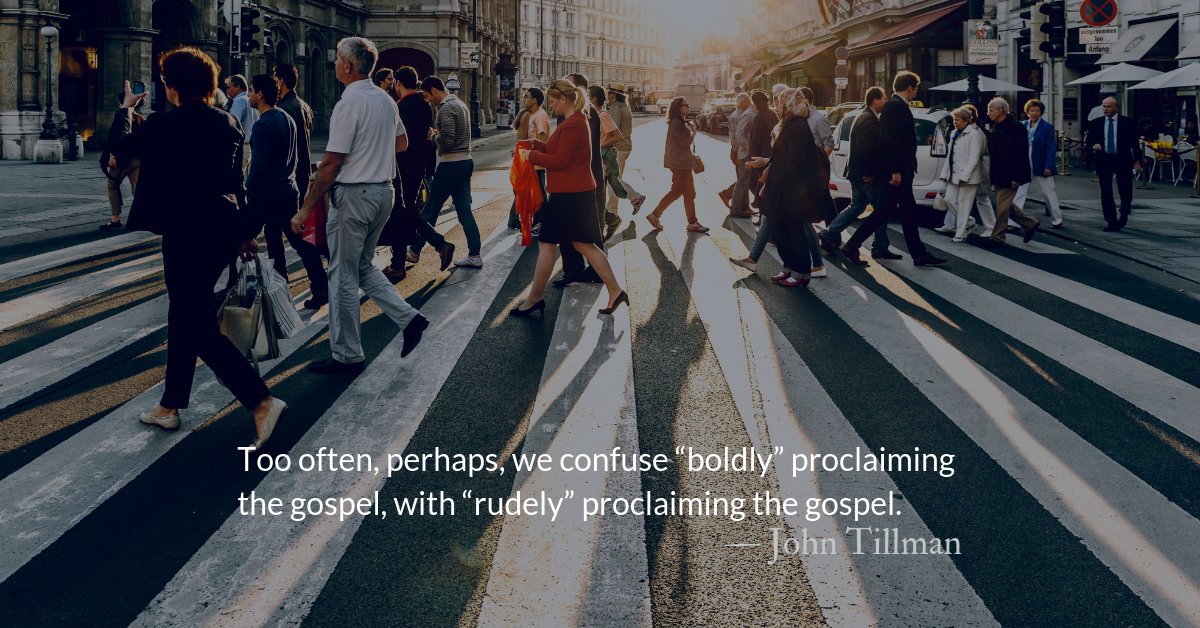Scripture Focus: Judges 12.4-6
4 Jephthah then called together the men of Gilead and fought against Ephraim. The Gileadites struck them down because the Ephraimites had said, “You Gileadites are renegades from Ephraim and Manasseh.” 5 The Gileadites captured the fords of the Jordan leading to Ephraim, and whenever a survivor of Ephraim said, “Let me cross over,” the men of Gilead asked him, “Are you an Ephraimite?” If he replied, “No,” 6 they said, “All right, say ‘Shibboleth.’ ” If he said, “Sibboleth,” because he could not pronounce the word correctly, they seized him and killed him at the fords of the Jordan. Forty-two thousand Ephraimites were killed at that time.
Student Writers Month:
This month, The Park Forum welcomes college and seminary student writers pursuing ministry careers. For more info about our yearly Student Writer program, see our website.
Reflection: Choosing Worldly Leaders
By Jolene Davidson Crouch
In Judges 11, the Gileadite leadership chose Jephthah as the man to lead them against the Ammonites. They did not call out to the Lord for a leader, instead they picked him by a committee which based their choice on Jephthah’s reputation as a mighty warrior.
In return for Jephthah’s leadership and conquering the Ammonites, he was made the head over all Gilead.
Men and God very rarely choose the same leaders. When God chooses a leader he chooses a shepherd boy like David. When men choose leaders they want someone with a proven record in battle, someone who can win, often someone who can command. Jephthah knew about God, but he never consulted God in chapter 11 and when he did, his vows were rash, meaningless and performative religion. None of this honors God.
And yet, God comes through for the Gileadites. The Ammonites were conquered. Do the ends justify the means?
What do we have to lose?
Jephthah’s character flaws are like small cracks in chapter 11 but they grow.
In chapter 12 the war is no longer with those outside the tribe. Jephthah was rash, proud, and impatient. He held grudges against those who did not agree with him. A civil war broke out. He and those he commanded sought ways to divide. They even used regional accents as cause for execution. 42,000 souls were lost.
Chapter 12 continues in hope and restoration. Ibzan of Bethlehem gave his thirty daughters in marriage to those outside his clan while his thirty sons married women from outside his clan. Perhaps this was an attempt to heal and unify after the civil war. By coming together in one family, there was the possibility of moving forward and creating new life where there had been death.
When we seek to find leadership on our own rather than seeking the leadership of God, or when we seek to fill leadership positions without seeking God’s input, short term success may come at the expense of long term success. We simply cannot afford to exclude the wisdom and input of the one who can see past, present, and future when we make decisions concerning our leaders. The consequences of empowering the wrong person are too great.
Divine Hours Prayer: The Request for Presence
To you I lift up my eyes, to you enthroned in the heavens. — Psalm 123.1
– Divine Hours prayers from The Divine Hours: Prayers for Springtime by Phyllis Tickle
Today’s Readings
Judges 12 (Listen – 2:21)
Acts 16 (Listen – 5:53)
Read More about Readers’ Choice 2021
It is time to hear from you about the posts from the past eleven months (September 2020 – July 2021) that have challenged, comforted, and helped you find new meaning in the scriptures.
https://forms.gle/ozM13qvW9ouSWhJS7
Read more about Marks of Leadership — Selflessness
Tests of leadership are almost always connected to selflessness. Humility, compassion, empathy, and service should flow from selflessness.








